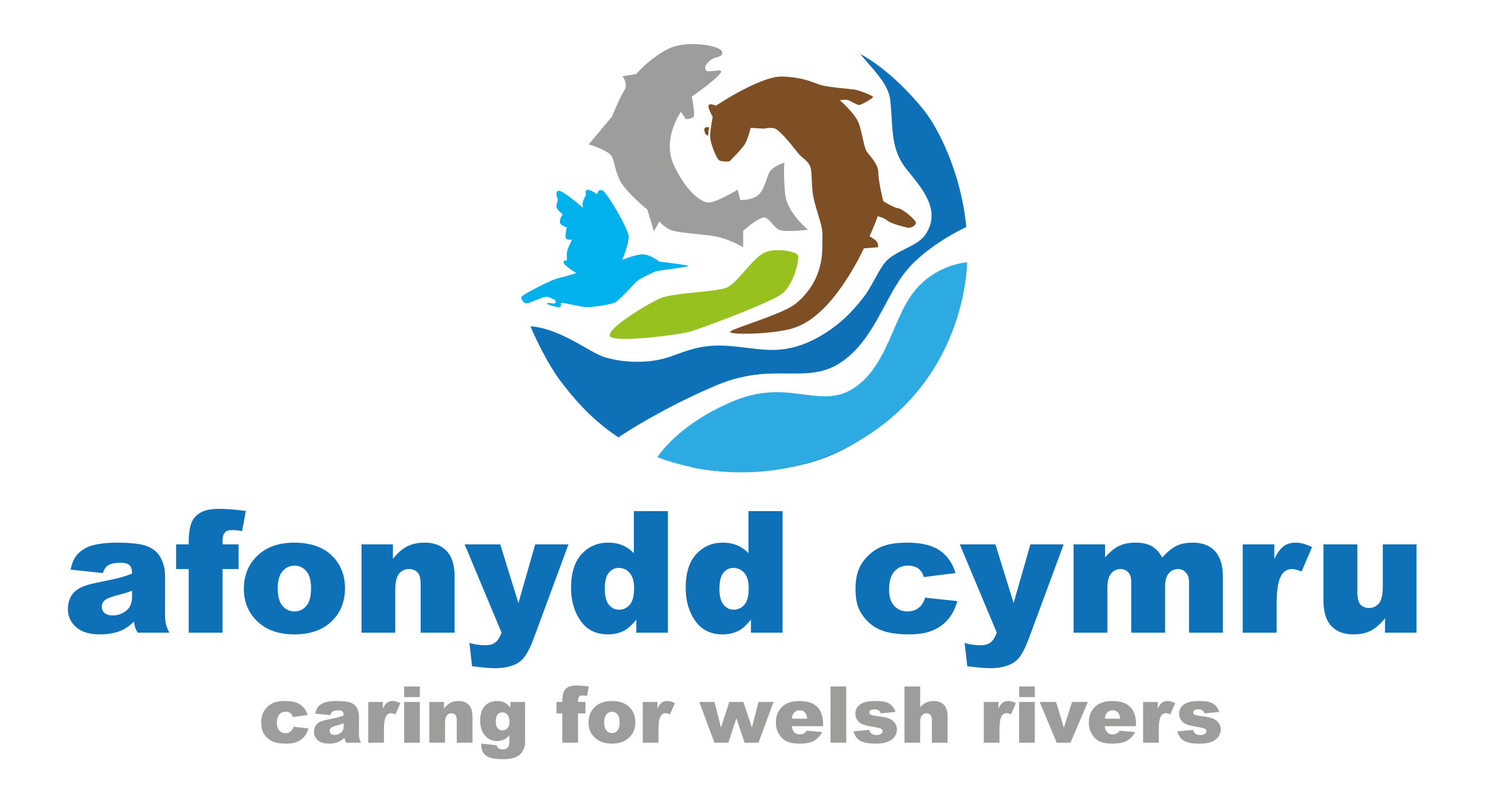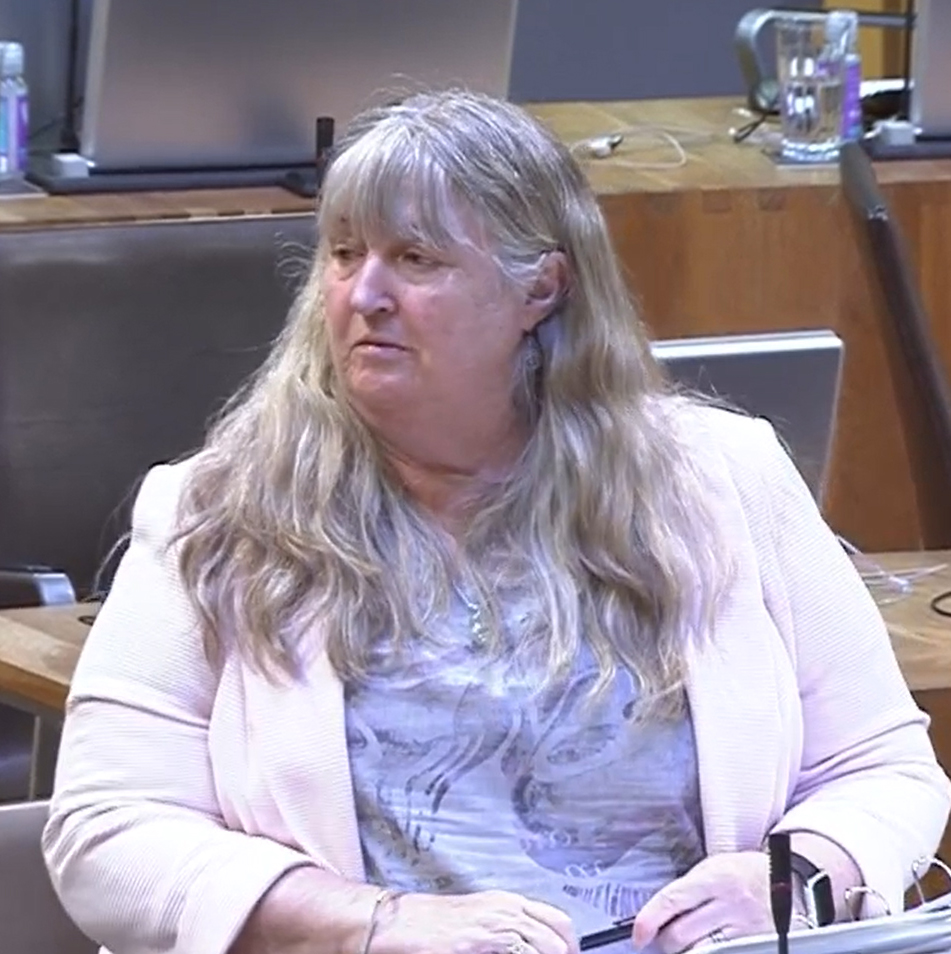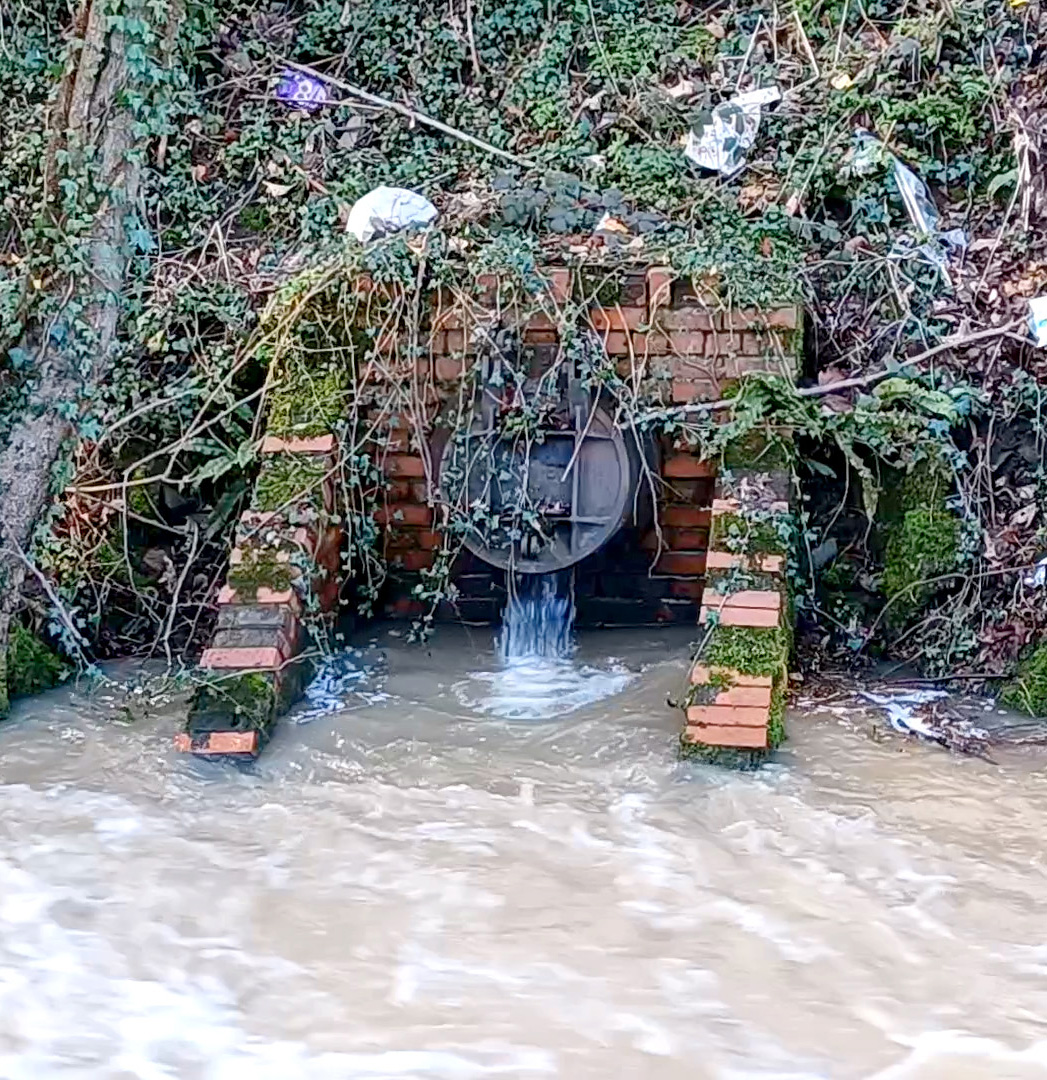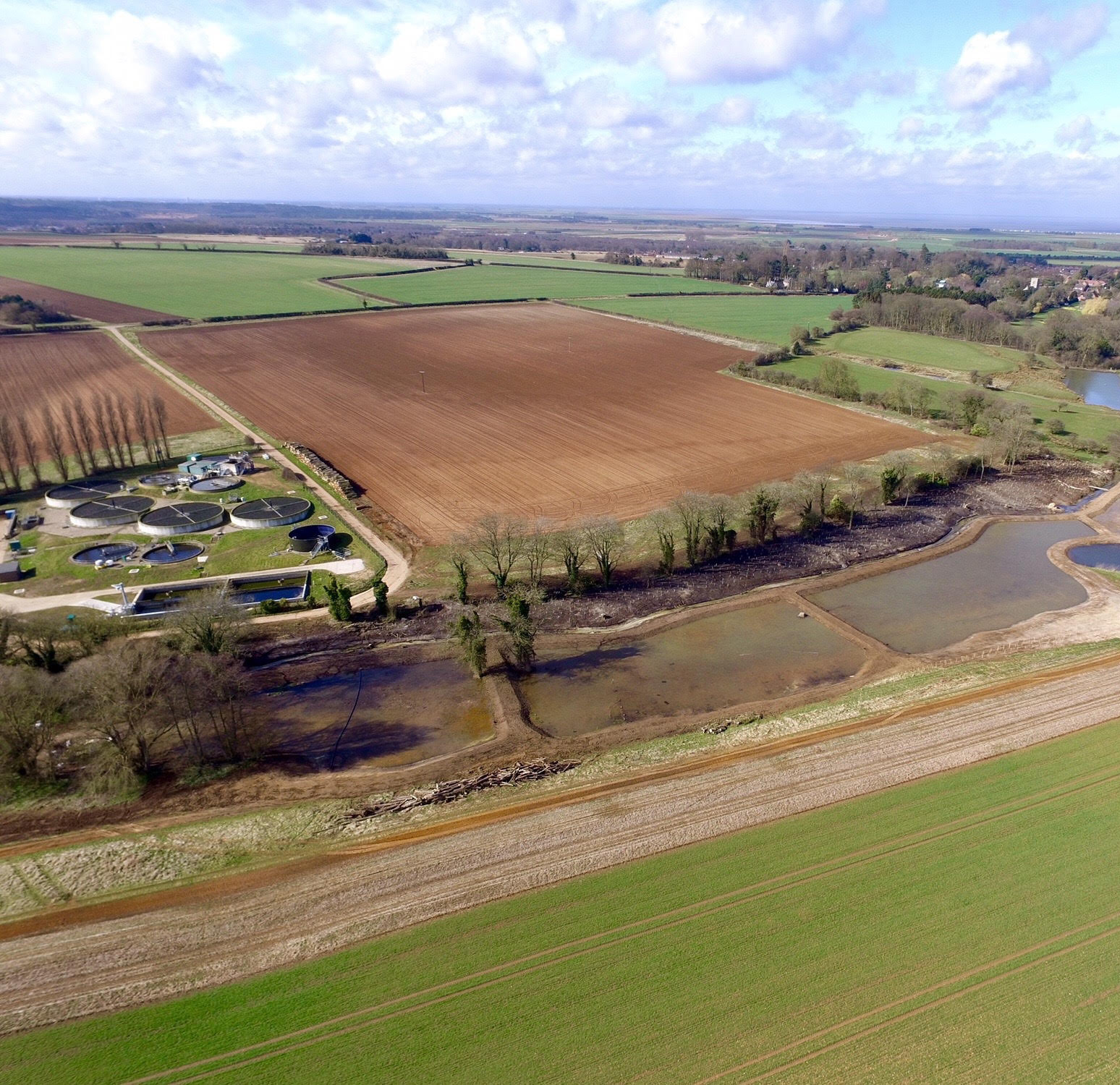Julie James SM, Welsh Government’s Minister for Climate Change
Welsh Government’s “CSO Taskforce” will be announcing actions to be taken to reduce the impact of discharges. However, for most rivers in Wales, CSOs are not the primary cause for ecological deterioration
Any efforts by Welsh Government to help implement nature-based ways of reducing the amount of nutrients entering rivers, such as wetlands, are very welcome
Gail Davies-Walsh, Afonydd Cymru’s Chief Executive, met Julie James, Minister for Climate Change today to discuss the issues facing Welsh rivers and water quality.
The meeting followed a letter sent to the Minister in January this year expressing Afonydd Cymru’s view that Welsh rivers needed something similar to Westminster’s Environmental Audit Committee report on river water quality in England, which was published in January this year.
There is no arguing that rapid actions on the ground are what is required to improve the lot of Welsh rivers. But there are now some encouraging recent signs of progress within Government thinking too.
There is no doubt that only actions on the ground will improve Welsh rivers. But we are seeing progress in Government policy now too
In March, the Senedd’s Climate Change, Environment, and Infrastructure Committee produced a report on Combined Storm Overflows (CSOs) that included 10 recommendations for Welsh Government. These included “demonstrable progress from NRW on its work to bring ‘unpermitted’ storm overflows within the regulatory regime.”
In a Senedd plenary on Wednesday this week, the Minister confirmed acceptance of all the report’s recommendations, declaring that river water quality is a “top priority” for Welsh Government. A CSO Taskforce set up last year (to which Afoyndd Cymru have been Technical Advisors since December) will publish recommended actions to reduce the impact of CSOs in July. While the costs of upgrading waste water infrastructure on not-for-profit Welsh Water must always be taken into account, we believe the water company needs to move faster to ensure it operates within its permits and that regulatory controls need to be tightened to enable Natural Resources Wales to enforce effectively.
In most parts of Wales, CSOs are not the primary reason for the ecological decline of rivers
However, when considering the causes of ecological damage to rivers, CSOs are not the primary factor in most areas of Wales, despite their media spotlight. Pollution from agriculture is the greatest concern, a point made to the Minister at yesterday’s meeting. Algal blooms are affecting rivers across mid, south and west Wales, not just the Wye. In most cases the evidence so far points to agriculture being the primary source of the nutrients that fuel them.
The committee’s March report also called for the Minister to report on progress on actions being taken to address the problem of pollution in Welsh rivers from sources other than CSOs. One of the recommendations is that “The Minister should work with partners to identify and address the barriers to increasing Nature Based Solutions to water management.”
Afonydd Cymru welcomes any efforts by Welsh Government to enable more nature-based solutions for reducing nutrients in rivers
This is welcome news to Afonydd Cymru and was further backed up by the Minister in today’s meeting. We have been working with a number of Welsh local authorities and developers to advise on how nutrient neutrality through nature-based solutions might be achieved. We understand the seriousness of the current block on development which has arisen as a result due to many SAC-designated rivers failing water quality targets.
We are grateful for the Minister’s time in listening to our concerns. We look forward to working with her in the future and sharing the much-anticipated proposed actions from the CSO Taskforce in early July.



